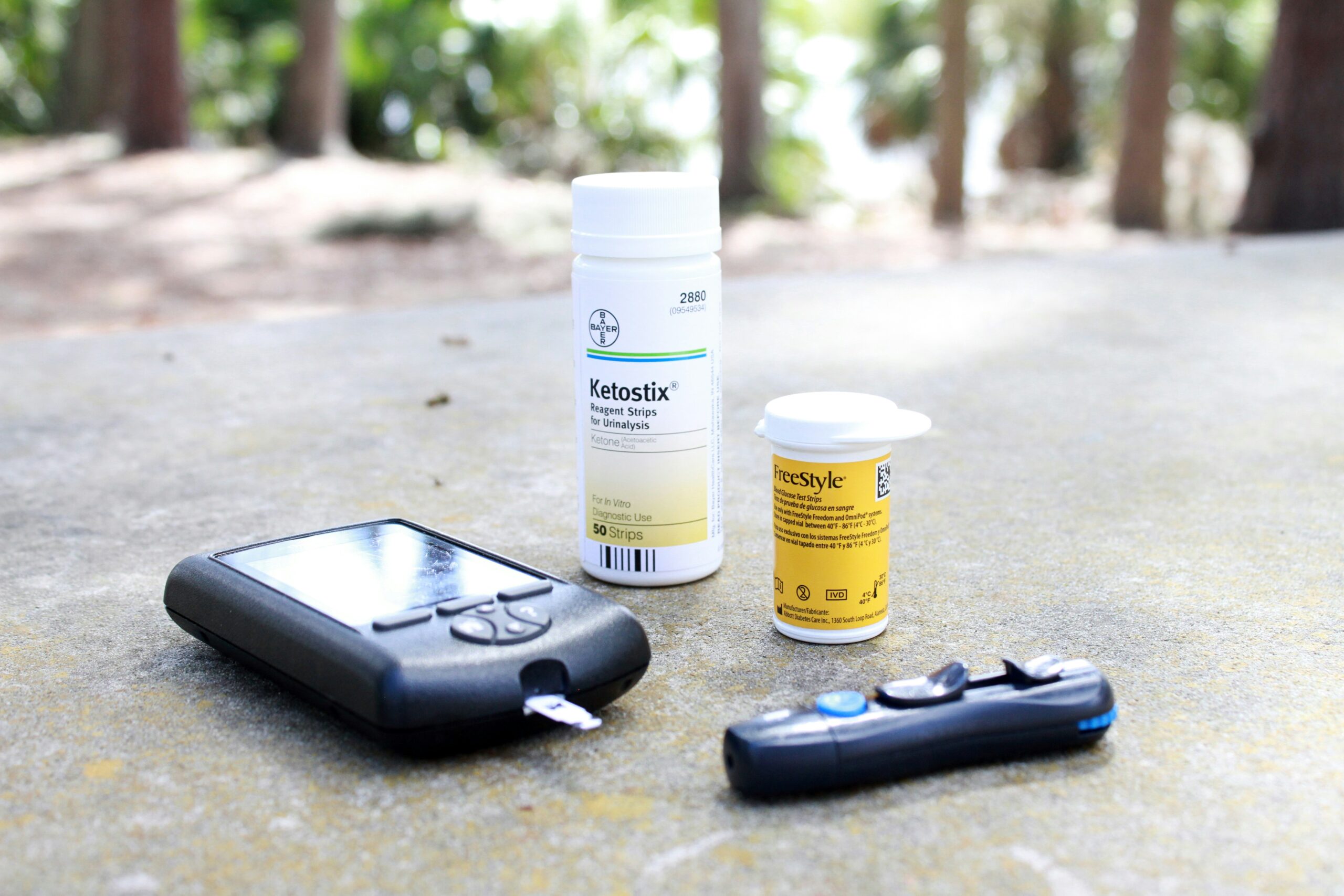Introduction
Diabetes during pregnancy, known as gestational diabetes, is a serious condition that can affect both the mother and the baby. It’s crucial to recognize the signs early and take appropriate measures to manage it effectively. In this post, we’ll explore the signs of diabetes in pregnant women, why they matter, and how you can take control of your health during pregnancy.
Understanding Gestational Diabetes
Gestational diabetes is a type of diabetes that develops during pregnancy and usually disappears after giving birth. However, it poses significant risks if left unmanaged. High blood sugar levels during pregnancy can lead to complications such as preterm birth, high birth weight, and increased risk of developing type 2 diabetes later in life.
Signs of Diabetes in Pregnant Women
- Excessive Thirst (Polydipsia): Feeling thirsty more often than usual can be an early sign of gestational diabetes. This occurs because high blood sugar levels cause the body to lose more fluids.
- Frequent Urination (Polyuria): As your body tries to eliminate excess glucose, you may find yourself needing to urinate more frequently.
- Fatigue: Feeling unusually tired during pregnancy can be common, but persistent fatigue might indicate that your body isn’t effectively using glucose for energy.
- Blurred Vision: High blood sugar levels can cause fluid to be pulled from your tissues, including the lenses of your eyes, leading to blurred vision.
- Nausea and Vomiting: While morning sickness is common in pregnancy, excessive nausea and vomiting can sometimes be linked to gestational diabetes.
Why Early Detection is Crucial
Detecting gestational diabetes early allows you to manage it effectively and reduce risks for both you and your baby. With proper management, most women with gestational diabetes give birth to healthy babies.
Managing Gestational Diabetes
Managing gestational diabetes involves regular monitoring of blood sugar levels, following a healthy diet, and sometimes, taking insulin. Our meal plan services can help you manage your blood sugar by providing personalized meal plans tailored to your needs during pregnancy.
Additionally, our book on controlling diabetes through diet offers valuable insights into how food can be used to manage diabetes effectively. For personalized support, consider joining our Mlo Plan Program for expert advice on controlling glucose levels during pregnancy.
Conclusion
Pregnancy is a time of great joy, but it also comes with challenges. Being aware of the signs of gestational diabetes and taking proactive steps can ensure a healthy pregnancy for you and your baby. Don’t wait—take control of your health today.


